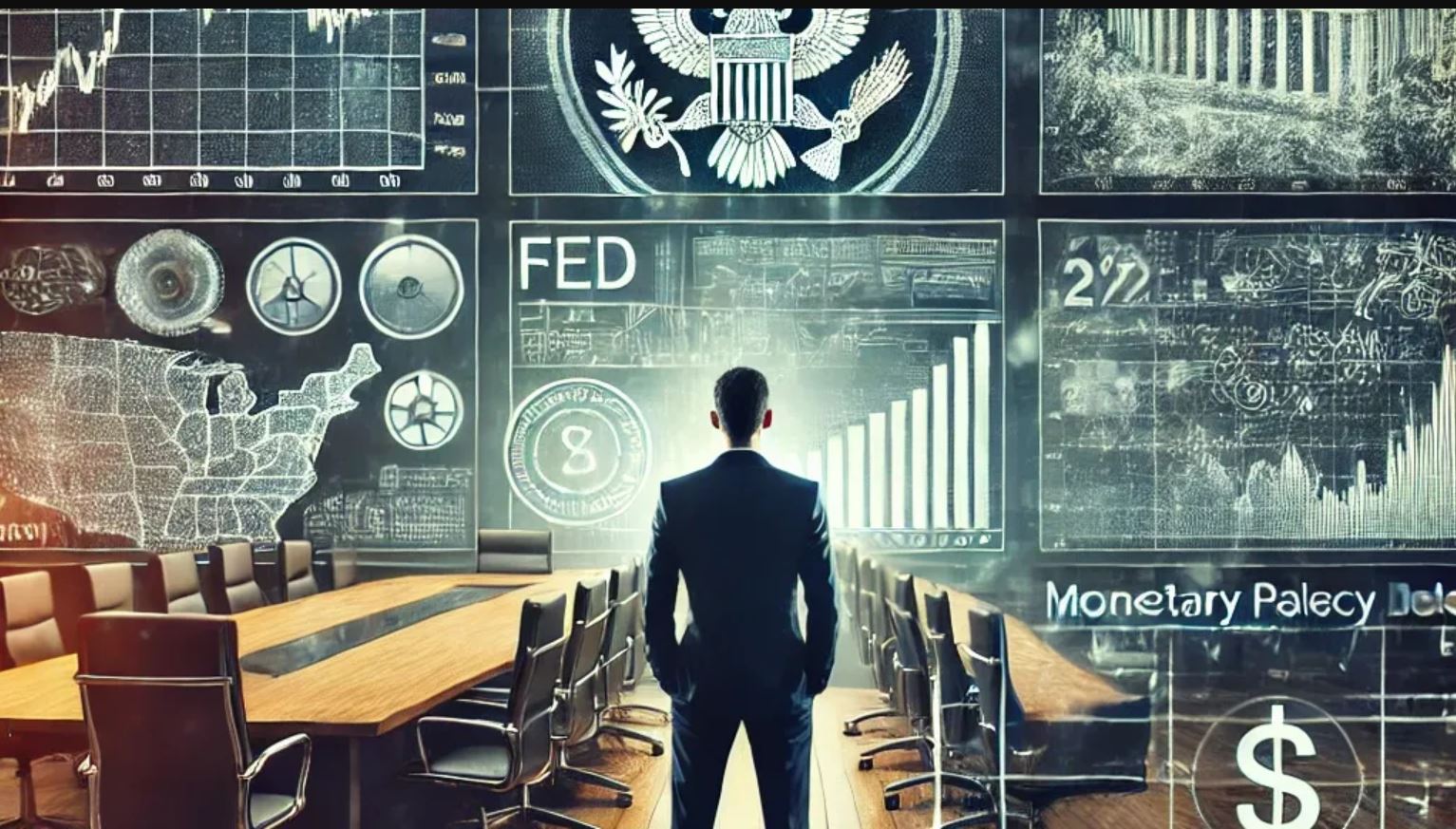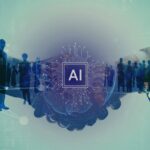 The buzz around AI has many hoping for an economic boost, but all signs suggest it might not ward off a recession. BCA Research is eyeing a 60% chance of a downturn in the US within the next year.
The buzz around AI has many hoping for an economic boost, but all signs suggest it might not ward off a recession. BCA Research is eyeing a 60% chance of a downturn in the US within the next year.
Peter Berezin, the firm’s chief global strategist, is pointing to a lag in productivity gains. For instance, recent job data shows that May and June’s figures were revised down by 258,000 positions—hinting that the anticipated AI-driven surge could be more about market optimism than solid growth.
Even with huge investments from tech giants, much of the capital is flowing into hardware like Nvidia’s AI chips, which aren’t produced in the US. This means any immediate economic benefit might be delayed.
The tech job market isn’t looking too robust either. IT employment is lower than it was at the end of last year, and job growth in computer and electronic manufacturing is struggling to gain traction. Meanwhile, the rise of data centres has bumped up energy demand, leading to higher electricity costs. When household bills go up, spending—an essential driver of GDP—can soon follow the downward trend.
Despite the excitement surrounding tools like ChatGPT, productivity growth has only averaged 2.1%, a far cry from the dot-com era peak. Other key measures, such as a 0.5% drop in civilian employment since April, suggest that the economy might already be contracting.
Some financial institutions have softened their recession forecasts, yet Berezin remains cautious, maintaining that the risks are real and could be more pronounced in 2025. If you’ve ever felt anxious about economic uncertainty, it might be worth keeping an eye on these trends while also considering strategies to stay ahead in a changing market.








